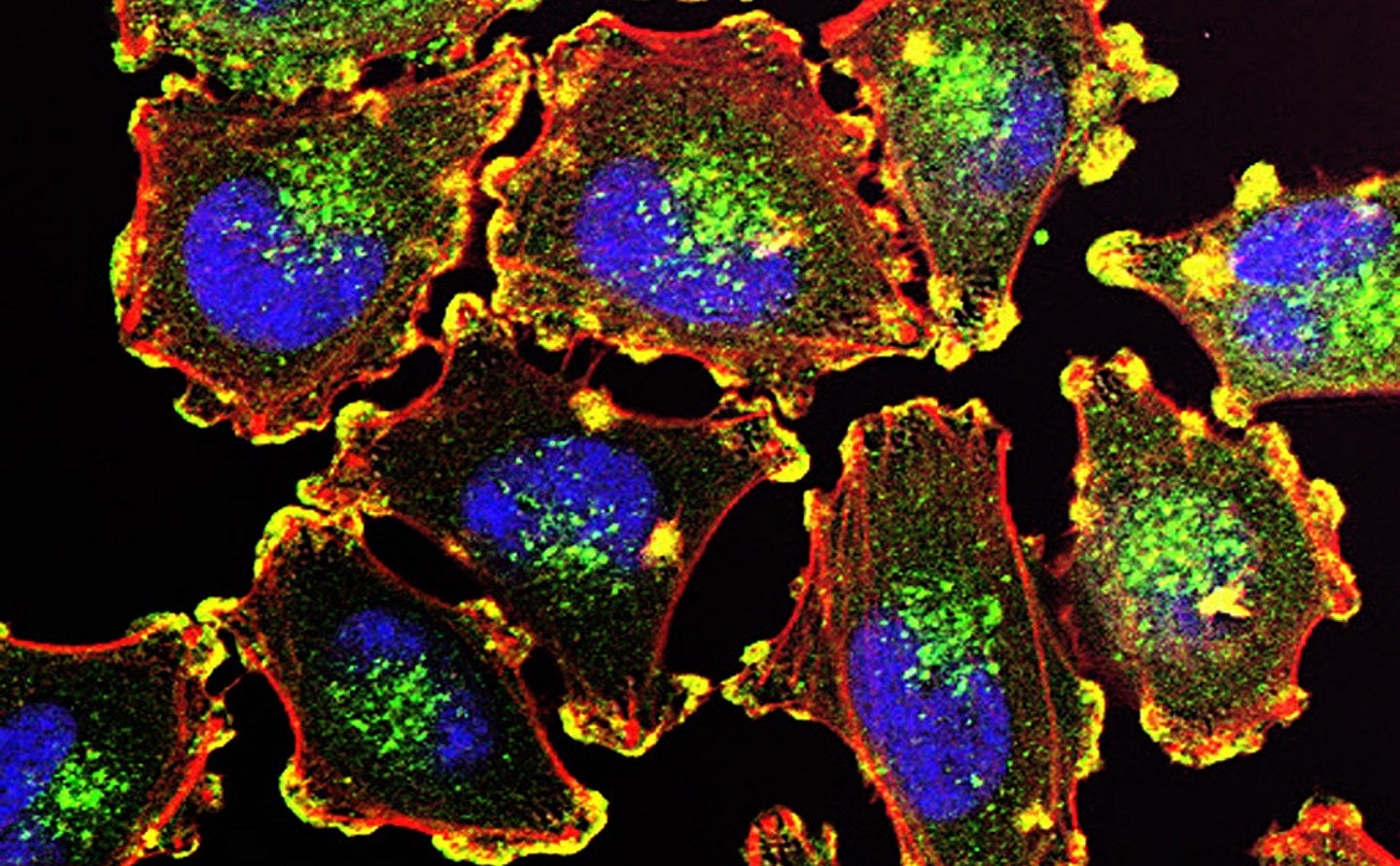Black Americans living in disadvantaged neighborhoods age faster than white peers, study finds
The new study “addresses some of the environmental pressures that contribute to different paces of aging, which Black individuals are more often exposed to due to structural factors like environmental…

Black Americans who live in neighborhoods with lower levels of income and education may age faster than their white neighbors, according to a new study. This can be true even when an individual Black person has a higher income or education level — underscoring the extent to which a person’s surroundings can impact their health.
The study, published Wednesday in PLOS ONE, builds on an emerging body of research that links faster biological aging, measured by a process called DNA methylation (DNAm), to low socioeconomic status — a phrase that encompasses education, income, and wealth. The University of Pennsylvania research team is the first to show how the neighborhood a person lives in can contribute to racial disparities in accelerated aging, even after controlling for individual socioeconomic status. Researchers found that living in a “deprived” neighborhood — one that includes a greater proportion of low-income residents, among other factors — explains 21% of the racial disparity in one DNAm measure.
What's Your Reaction?

































